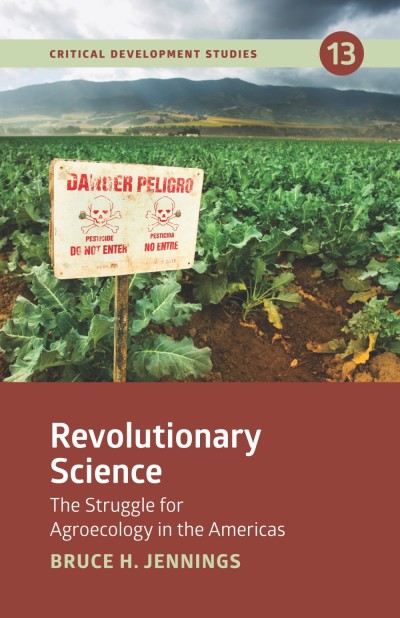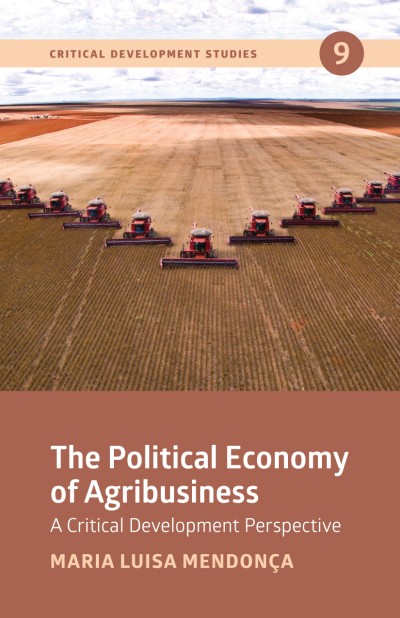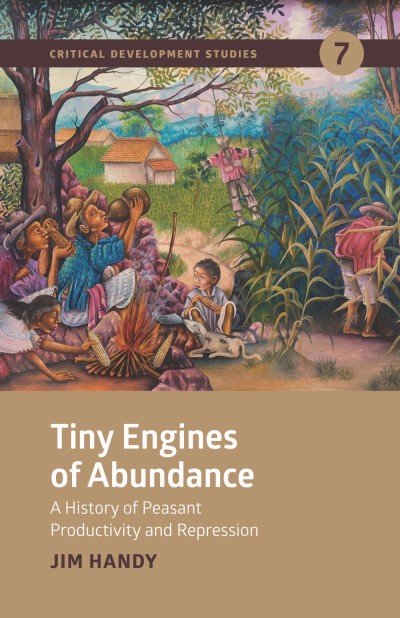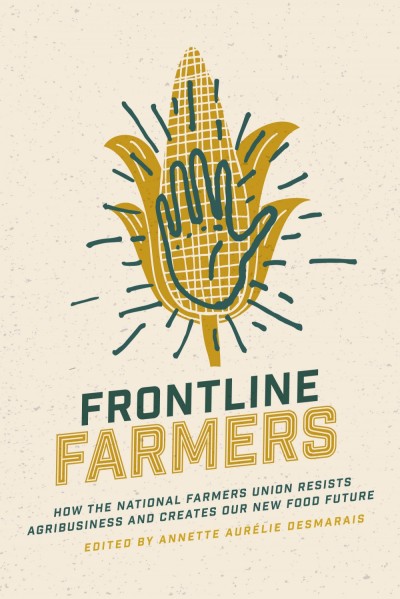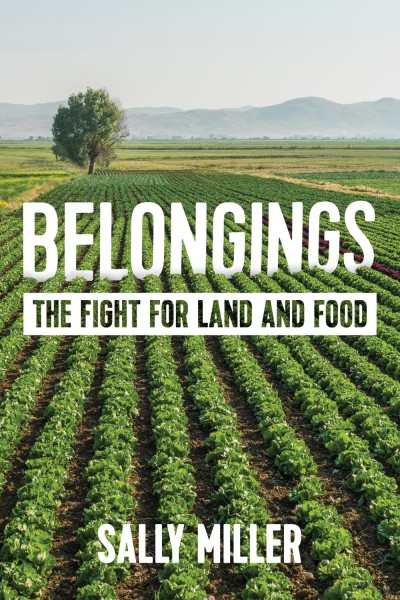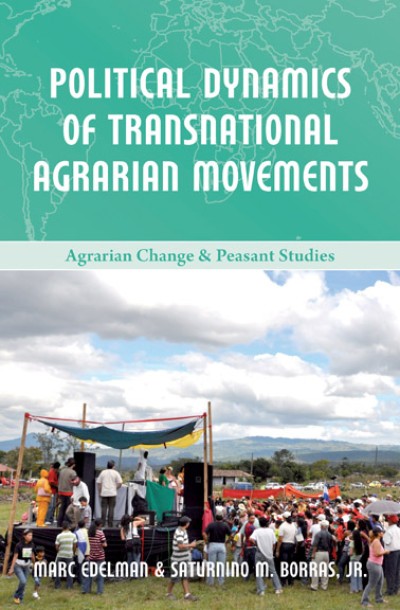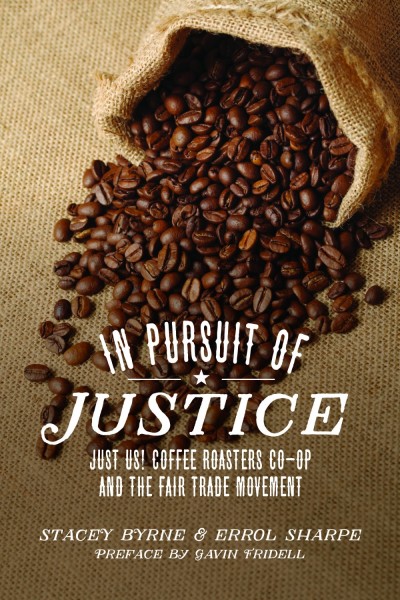
Cultivating Utopia
Organic Farmers in a Conventional Landscape
This study begins with the questions “what draws people to become organic farmers?” and “why do so many leave farming in short order?” Organic farmers speak of a “wake-up call” or a moment, usually several years after buying and moving onto a farm, in which they question what they are doing and why. By most reports, most organic farmers then quit the field, or at least quit trying to farm commercially. The book examines what causes this wake-up call.
About the book
This study begins with the questions “what draws people to become organic farmers?” and “why do so many leave farming in short order?” Organic farmers speak of a “wake-up call” or a moment, usually several years after buying and moving onto a farm, in which they question what they are doing and why. By most reports, most organic farmers then quit the field, or at least quit trying to farm commercially. The book examines what causes this wake-up call.
One central contradiction facing the organic farmer is that an ideal of rural community integral to their vision is difficult to realize, precisely because their personal histories distinguish organic producers from conventional farmers. This work traces the social cleavages and frictions between these two groups, which, the author shows, have much in common. It is pointed out that because of ideological differences and because they are neighbours, the two sets of farmers tend to constitute each as “other” even when their daily struggles as farmers might (and may still) unite them in the face of other interests in the food business.
Contents
- Introducing Utopia
- Certified Radical: History of a Divide
- Nova Scotian Organic, Inside and Out
- Class, Education and the Politics of Sod
- Communities In and Out of Place
- Horizons of the Possible
- Waking Up
- Humans, Bees and Organic Utopians
- Appendix
- References



